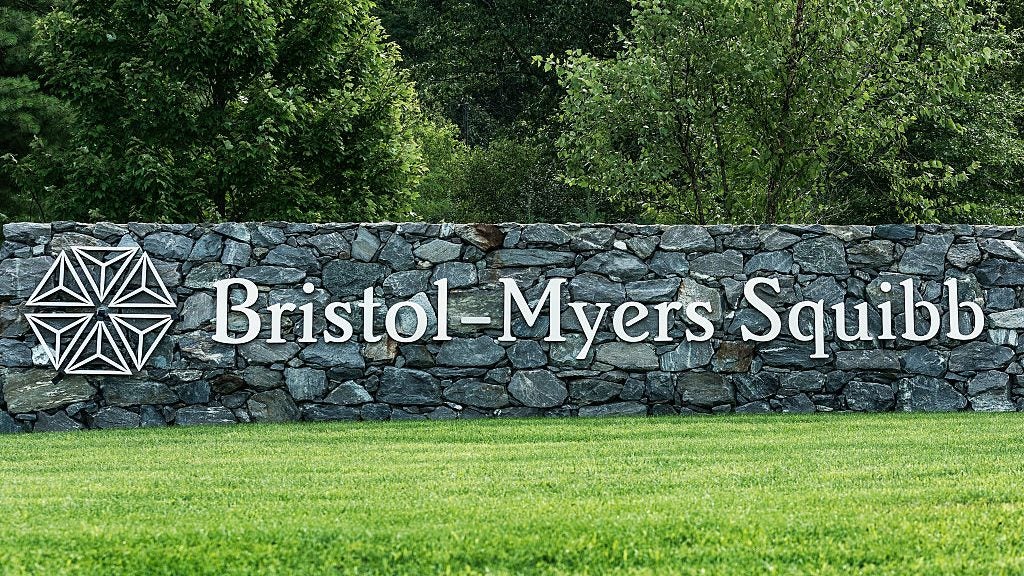

The US Food and Drug Administration (FDA) has granted priority review for Bristol Myers Squibb’s (BMS) Breyanzi (lisocabtagene maraleucel) to treat patients with relapsed or refractory chronic lymphocytic leukaemia (CLL) or small lymphocytic lymphoma (SLL).
The Prescription Drug User Fee Act (PDUFA) goal date for the therapy is now 14 March 2024.
BMS submitted a supplemental biologics licence application (sBLA) to the FDA for the expanded use of Breyanzi for the treatment of patients with CLL and SLL who have previously received a Bruton tyrosine kinase inhibitor (BTKi) and a B-cell lymphoma 2 inhibitor (BCL2i).
The application is based on results from the Phase I/II TRANSCEND CLL 004 study, which demonstrated clinical benefit with a CD19-directed CAR T cell therapy in patients with relapsed or refractory CLL after prior treatment with BTKi and BCL2i.
In May 2023, BMS received approval from the European Commission (EC) for Breyanzi to treat relapsed or refractory large B-cell lymphoma (LBCL) in adult patients.
Breyanzi is a type of CAR T cell therapy designed to treat specific types of lymphomas. The therapy is FDA-approved for the treatment of adult patients with various types of lymphomas and is specifically intended for patients who have not responded to initial chemo-immunotherapy treatment.
Access the most comprehensive Company Profiles on the market, powered by GlobalData. Save hours of research. Gain competitive edge.

Thank you!
Your download email will arrive shortly
We are confident about the unique quality of our Company Profiles. However, we want you to make the most beneficial decision for your business, so we offer a free sample that you can download by submitting the below form
By GlobalData
According to GlobalData, Breyanzi is forecast to generate $1.8bn by 2029.
GlobalData is the parent company of Pharmaceutical Technology.
BMS late clinical development cell therapy senior vice-president Anne Kerber said: “Currently, there is no standard of care for people living with relapsed or refractory CLL or SLL after treatment with BTKi-based and BCL2i-based regimens, leaving a critical unmet need for a treatment option that provides deep and lasting responses.”
Cell & Gene Therapy coverage on Pharmaceutical Technology is supported by Cytiva. Editorial content is independently produced and follows the highest standards of journalistic integrity. Topic sponsors are not involved in the creation of editorial content.

Sign up for our daily news round-up!
Give your business an edge with our leading industry insights.
